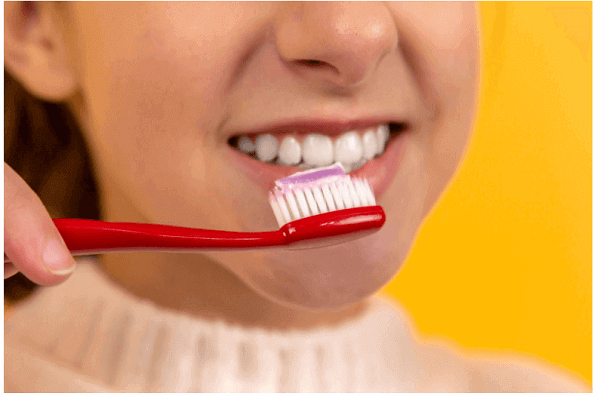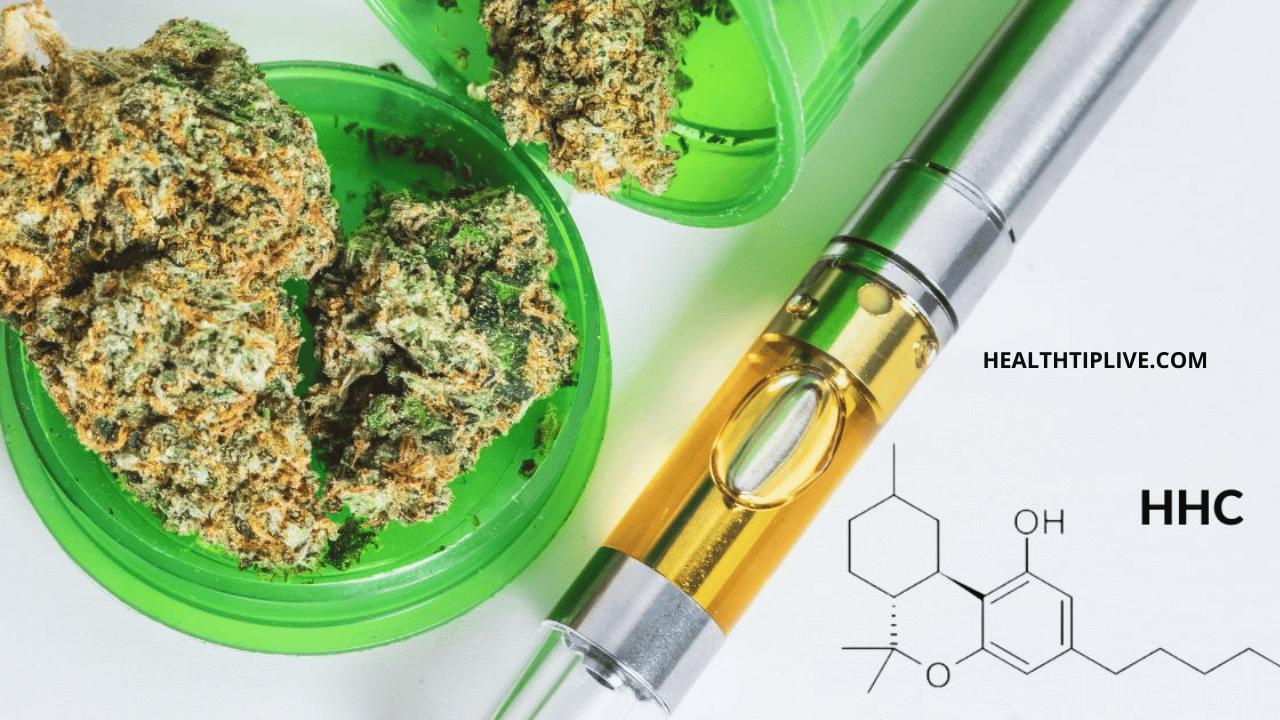Brushing and flossing are critical components of a good dental hygiene routine. However, there are other things you can do to help keep your teeth and gums healthy, which will benefit your overall health.
Clean your teeth
The first step in keeping your teeth clean and healthy is regular maintenance. Brushing for two minutes twice a day, as recommended by the 2×2 rule, will help to keep plaque at bay.
Patients who have children should introduce this concept as soon as possible and find ways to make it fun.You can play a song while they brush their teeth, or set a timer for two minutes.
Spend 30 seconds on each quadrant of your mouth to make cleaning every tooth easier (upper right side, upper left side, lower right side, lower left side). It is critical to use the proper techniques to ensure that the teeth are cleaned properly and that the soft tissue surrounding them is not damaged. In small circular motions, angle the brush head towards the gums. Clean all surfaces of your teeth, including the gum line, on both the front and back. Some patients believe that using an electric toothbrush is also beneficial.
Floss daily
Flossing before brushing is recommended every night to remove anything that your toothbrush cannot remove. Many patients admit to skipping this step, but it is an essential part of maintaining a healthy lifestyle.
Small particles of food and other deposits missed by your toothbrush can eventually develop into decay if you only brush and decide not to floss. To avoid this, make flossing a two-minute part of your daily routine. Flossing can be painful for sensitive gums at first. This is normal and will subside after a few days of flossing. When flossing, make sure to move it up and down the entire tooth. Because your toothbrush cannot reach these areas, tight spaces are one of the most important places to floss.
As a general rule, changing it every 3 to 6 months should keep it in good enough shape to properly clean your teeth.
Damaged or frayed toothbrushes are incapable of effectively cleaning the surface of your teeth and can contribute to gum disease. Changing your toothbrush on a regular basis aids in its cleanliness. Allow your toothbrush to dry thoroughly before storing it. Replace your toothbrush if you’ve been sick to avoid reinforcing bacteria in your mouth.
Go to the dentist every six months
Oral exams are a great, non-invasive way to detect serious oral health issues before they become severe. This is known as preventive dentistry. For example, seeing your dentist every six months increases your chances of catching signs of gum disease while they are still treatable. We highly recommend Solterra Dentistry if you are looking for a good dentist in Phoenix.
When is it too late for your teeth?
People can go weeks, months, or even years without caring for their teeth, but it is never too late to start. Although long-term neglect of your teeth can result in irreversible damage, there is still hope.
Keep a healthy diet
Avoiding sweetened foods (like soda, sports drinks, and candy) and increasing your intake of calcium-rich foods will help you keep your teeth strong and healthy. Your body will thank you! Leafy greens, almonds, yogurt, and cheese are some foods that can help strengthen your teeth. Consult your dentist about foods that will help keep your teeth strong for many years.
Apply dental hygiene products
Brushing and flossing are essential for preventive dental health, but you can also keep your teeth in good condition by incorporating supplemental aids into your routine.
Remain hydrated during the day
Adequate hydration not only benefits your overall health, but it also aids in the maintenance of a healthy saliva flow. Saliva promotes dental health by transporting food particles through your mouth, preventing the majority of them from becoming lodged in your teeth and allowing bacteria to grow. It also keeps your mouth moist and comfortable.
Do not smoke
Smoking causes both superficial problems, such as tooth staining, and serious health problems, such as gum (periodontal) disease, which can lead to tooth loss, and oral cancer, among other things.
Consider dental sealants
Dental sealants fill depressions and grooves (fissures) in your molars and premolars, preventing cavities and plaque buildup. Sealants are beneficial to most people, but children and teenagers are ideal candidates because they do not brush as well as adults, resulting in a higher rate of cavities.
Bleeding from the gums is normal
Bleeding gums may indicate gum (periodontal) disease. If you have bleeding gums on a regular basis, seek advice from your dentist. Taking care of your teeth and gums is essential for a healthy smile and body. Cleaning our teeth is essential for good dental health. A consistent routine will help keep your teeth healthy and free of decay.



